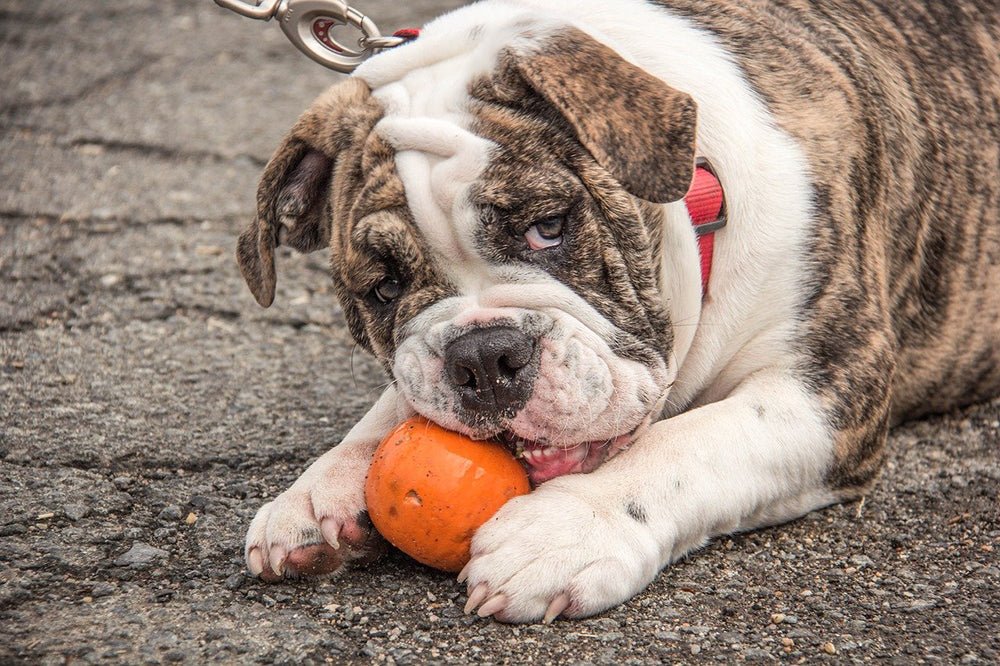
We all know that the life expectancy of cats is significantly lower than that of humans. Today, we take a closer look at how long cats actually live, and which factors play a major role in a long cat life.
How old do cats get?
On average, cats live to around 15 years. But there are always a few specimens that reach a proud age of around 25 years. The oldest cat in the world to date, which has even made it into the Guinness Book of Records, is Crème Puff. She turned 38 and died in 2005. However, this is rare and the average age of cats is significantly lower.
The life expectancy of cats depends on a number of factors such as diet, their environment and care. The cat’s breed also plays an important role. Some breeds are predestined for hereditary diseases that can significantly shorten their life. However, with proper care and treatment, the life of sick and chronically ill cats can be significantly extended.
When does a cat count as “old”?
Cats are seniors from around the age of 12 and the first signs of aging appear at the age of seven. These signs are not always noticeable externally, many processes take place without symptoms. The metabolism works slower and the immune system becomes more vulnerable. Cell renewal shifts down a gear so that the cells no longer regenerate as quickly as they did when the cat was young. Organ function also decreases with age. These are all processes in aging cats that take place “behind the scenes” and are hardly noticeable to the cat or the owner.
First signs of senior cats
Cats get sick more often with age, colds take longer to subside, and small wounds heal more slowly. The senses of smell, taste, hearing and eyesight also decrease in old cats. The cat no longer hears well and does not always respond to you.
Further visible signs are often noticeable on the fur and skin. If the top hair was previously shiny and vital, with age it decreases in colour and may even become brittle and dull. Although this is normal in house cats in old age, you can also support your older cat. Natural food supplements can slow down the process and even give the fur a new shine. Salmon oil for cats, MultiVETAL powder and brewer's yeast contain important nutrients and can be given with the food from an early age on.
Since the immune system weakens over the course of the aging process and is no longer as strong, your house tiger may suffer from infections and parasites more often, or he just feels sluggish and uncomfortable. Immune-boosting supplements can help strengthen your cat’s immune system and reduce its susceptibility to infections. However, you should not use synthetic products, because these are difficult to process by the old cat's body and have a significantly lower bioavailability.
The teeth also show their first signs of wear and tear in old age: inflammation of the gums, periodontal disease and even tooth loss characterize the later years of many cats. The animals often suffer from bad breath, which can smell very penetrating. With our Denta Clean & Care powder you can improve your cat's oral hygiene and reduce plaque and tartar build-up. The purely natural herbal mixture is tailored to the needs of the cat and acts on the bacterial balance in the mouth.
Indoor vs. outdoor cats
Cat owners are often faced with the question of whether or not to allow their little friend to roam outside. Outdoor cats are exposed to many different dangers on a daily basis that affect their life expectancy. From traffic accidents to plant poisoning, infectious diseases or parasites, all of these factors have a major impact on the cat’s lifespan. By contrast, indoor cats stay protected most of the time and are only exposed to dangers within the household.
Extend your cat’s life
In order to reach a high age, the cat's lifestyle, diet and regular entertainment are the decisive factors. A diet adapted to the cat and its activity provides her with important vitamins, minerals and fibre.
In addition, cats are almost exclusively carnivorous, so cat food should contain at least 95% meat. The rest should consist of vegetables or fruits. Whatever your cat's preferences, you can find cat food in many different meat varieties.
In addition, cat owners should not forget that the little house tigers always need distraction and activity. Even if cats have an independent character, they should not be left to their own devices.
Food supplements to help achieve a long and happy life.
Many cat owners are not aware that food supplements in addition to normal cat food have many benefits. If you adhere to the dosage recommendations, overdosing with vitamins, minerals or other supplements is not an issue. However, these additives provide an extra dose of nutrients and benefit many functions in the cat's body. Food supplements can be used particularly well for different physical complaints, malnutrition or simply to strengthen the cat’s organism.
The cat can use an additional vitamin boost for the joints, the immune system as well as fur and skin. You can feed the natural supplement as a temporary boost or permanently. If you have any questions about the right care for your cat, our vet practitioners are always available to answer your questions.
Conclusion
“How long do cats live?” That depends mainly on the living circumstances and their breed. The average age of cats is around 15 years. But there are also often deviations upwards or downwards. Diet and care adapted to the cat can significantly extend their lifespan. Especially in old age, natural food supplements can be a valuable support. With supplementary vitamin preparations, the immune system, the metabolism and various organ functions can be strengthened.



